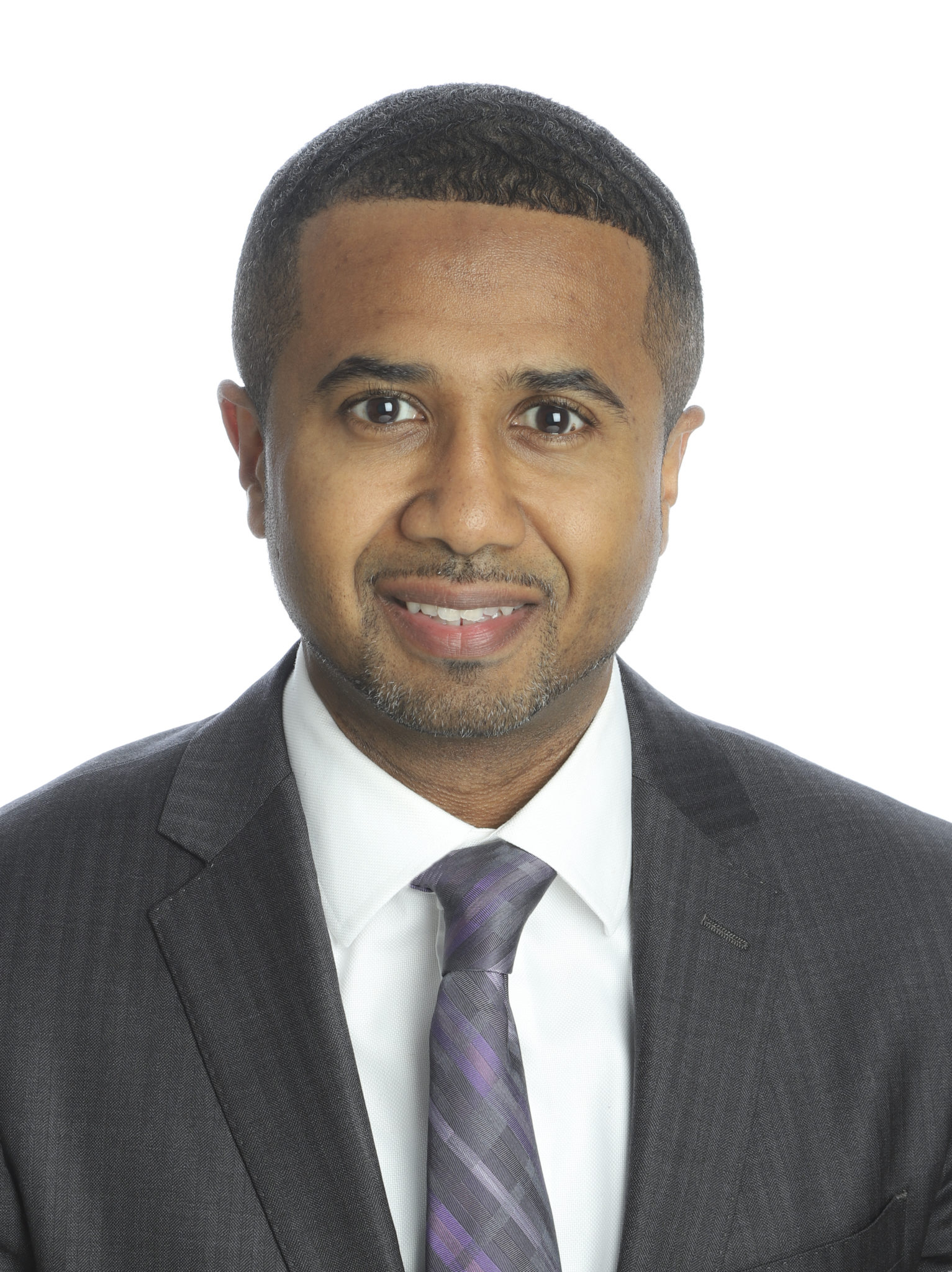 In Canada, breast cancer remains the most common type of cancer in women, while cardiovascular disease is one of the leading causes of death. Cardiovascular disease is also the leading non-cancer cause of death in breast cancer survivors, who have an increased risk of heart disease and stroke compared to cancer-free women. Dr. Husam Abdel-Qadir, an early-career scientist at Women’s College Research Institute and cardiologist at Women’s College Hospital, is tackling these two large threats to the health of women at their intersection through his unique cardio-oncology research.
In Canada, breast cancer remains the most common type of cancer in women, while cardiovascular disease is one of the leading causes of death. Cardiovascular disease is also the leading non-cancer cause of death in breast cancer survivors, who have an increased risk of heart disease and stroke compared to cancer-free women. Dr. Husam Abdel-Qadir, an early-career scientist at Women’s College Research Institute and cardiologist at Women’s College Hospital, is tackling these two large threats to the health of women at their intersection through his unique cardio-oncology research.
Patients undergoing cancer treatments can experience inconsistencies in the way cardiovascular diseases are factored into treatment decisions where life-saving cardiotoxic therapies can have long-term effects on heart health. As a result, these patients may develop heart disease as a result of their treatment or get inadequate cancer treatment because of concern about cardiovascular complications. Dr. Abdel-Qadir’s research is addressing the challenges of providing the best possible care for these patients whose complex needs are not currently being met within our healthcare system.
“During my medical residency, I realized that most patients using our healthcare system have complex medical situations often caused by multiple chronic diseases or effects of socioeconomic factors, which affects their ability to receive the benefits that are otherwise expected when seeking healthcare services,” says Dr. Abdel-Qadir. “Since then, I’ve focused my interest in helping patients who are under-represented in research including women, older adults and those with multiple illnesses.”
Since focusing his research on these groups, Dr. Abdel-Qadir has found many of the downstream adverse effects associated with the relationship between cancer and cardiovascular disease disproportionately affects ethnic minorities and low-income women. The unique lived experiences of these individuals have a powerful impact on their vulnerability to illness and potential for recovery, reflecting an urgent need to consider these factors when developing and conducting research studies globally.
Promoting diversity in healthcare and research also extends to Dr. Abdel-Qadir’s mentorship activities where he participates in programs that outreach to under-represented groups to improve their access to education and advancement opportunities. Involving students and trainees in his research activities to help train the next generation of scientists is of great importance to him.
“The challenges often faced by early-career scientists has motivated me to surround myself with experienced mentors who have provided valuable advice and guidance,” adds Dr. Abdel-Qadir. “In turn, I have made it a priority to ensure that I’m teaching research methods for patients with multiple illnesses to my students, from first year medical students to fully-licensed cardiologists, to maximize the impact of the knowledge I’ve gained.”
A recent winner of the Polanyi Prize and Heart & Stroke Women’s Heart and Brain Health Chair, Dr. Abdel-Qadir collaborates with a variety of stakeholders to address difficulties faced by vulnerable populations and develop solutions to improve efficiency and access to care. By advocating for diversity and equity in research studies, participants and team members, clinician-scientists like Dr. Abdel-Qadir are revolutionizing research for a healthier and more equitable world.
